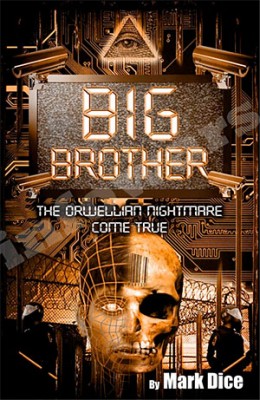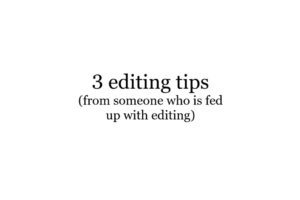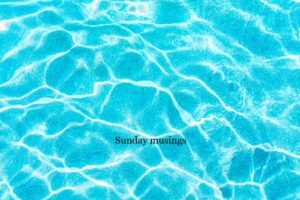In the final segment of Big Brother The Orwellian Nightmare Come True, Mark Dice focuses on the dystopic parallels between Orwell’s fictional world and western society in the twenty-first century. He quotes Nineteen Eighty-Four often, particularly the sections on the proles and their mindless, meaningless lives: ‘Heavy physical work, the care of home and children, petty quarrels with neighbours, films, football, beer, and above all, gambling filled up the horizon of their minds’. If you include The Only Way is Essex and other such television fodder into the passage, you can begin to see the point Dice is making.
Dice also likens our lives to the novel by suggesting that we are in a perpetual state of war for the purposes of control. We have been at war with ‘Terror’ for a considerable number of years, well before the event of 9/11, and the idea of terrorism as the common enemy has been used within film and novel plots predating the tragedy. Security has been upped and upped as a result but we are consoled with the idea that it is for our safety, not for any other objective.
The erosion of intricate language and the emphasis on ‘Newspeak’ or ‘text speak’; the lessening of long-term relationships and the rise in divorces and loveless sexual relationships; the increase of working hours and the decrease of family lives…these are all aspects of George Orwell’s nightmarish prophecy that can be witnessed every day, yet we cannot see what is right in front of us. Seemingly without noticing we have become parables, living examples of what Orwell warned us not to do.
Although I agree with Dice that we are living more in a state of dystopia than ever before, I believe I am still a little bit more of an optimist than he is (and it is a very big leap to call me an optimist). Lines such as ‘life wasn’t always so controlled and joyless’ made me chuckle for it illustrated how convinced the author is that we are genuinely living under Big Brother, and that there is absolutely no hope for us left. Dice loves the idea of being Winston and I am sure he fantasises about finding his Julia in a plot saturated with thrilling secrecy and conspiracy. Some of the concepts brought up in the book are meant to horrify and disturb, but it is mostly a fine collection of misery porn.
This book has the Dystopic seal of approval, but I wouldn’t get caught up in the nitty gritty details. It’s intriguing and a brilliant instigator for conversation and debate, but if we all thought like Mark Dice the world would be an even darker place than it is already. Yes, there is a lot of crap going on in 2013, but it’s easy to forget about all the positive advances happening at the same time.
So cheer up, Mark, it’s not all bad.



Leave a Reply